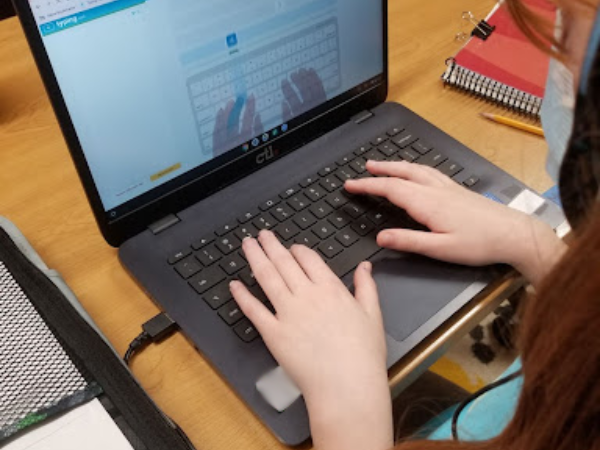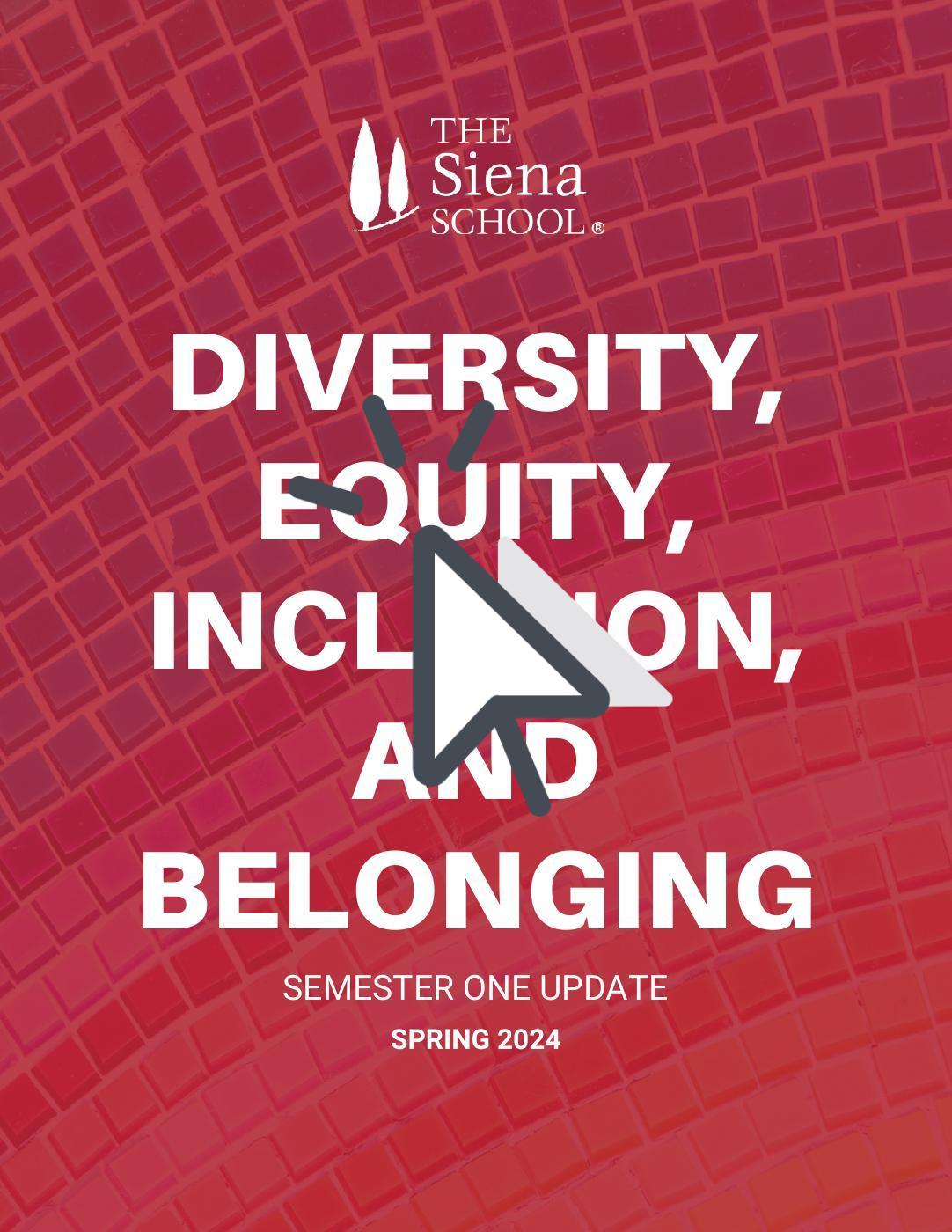Empowering students with language-based learning differences

Siena Blog



The Siena School Blog
Discover, Learn, Celebrate, and Empower
Welcome to Siena's blog, your source for helpful, cutting-edge resources tailored to teachers, parents, and other advocates in the learning differences community. We are dedicated to providing a wealth of curated knowledge spanning various topics, ranging from dyslexia advocacy and awareness to classroom teaching strategies, heritage month profiles, and social and emotional health.
2 Important Tech Skills Students Can Improve Over the Summer

As students are reviewing their summer packets or doing other academic work, the summer is also a great time to reinforce tech skills. This needn’t be too complex or time-consuming: brushing up on students' tech skills can be an easy and fun part of their weekly summer routines.
Technology at Siena is integrated into the curriculum across all divisions and subjects. Students routinely use laptops, assistive technology, and a host of multimedia apps in classes to enhance their learning and equip themselves with 21st-century skills.
Likewise, summer tech work can be integrated into students’ other academic and social activities. Here are two key tech skills that students can easily learn—or improve—this summer while they’re getting some well-earned downtime after a long school year:
Touch Typing Skills
Touch typing is an important way for students to get their ideas onto paper (or a screen). As opposed to the hunt-and-peck approach of using their index fingers, touch typing can teach students to type via muscle memory so they can focus less on the how of expressing their ideas—and more on the ideas behind their writing.
For students with dyslexia and other language-based learning differences, touch typing is a multisensory approach that complements the assistive technology they might already be familiar with—such as Speech to Text—and helps develop a skill they can use throughout their time in and out of school.
Parents looking for ways their children can improve their typing skills this summer can look into Typing.com, which we use at Siena during the school year. There are also free apps that don't require an account to use, like TypingClub, as well as apps like Nitro Type that let students hone their skills by competing against other users through interactive, visual, and gamified learning.
As this Read and Spell blog post shares, “For dyslexic students, learning touch typing emphasizes spelling and phonics. Repeatedly encountering high frequency words also helps with training learners to recognize words by sight, which saves them from the decoding process that causes trouble in reading.”
Regardless of which typing app they use, students can hone their skills by practicing regularly each week of the summer.
Designing Basic Games
K-12 educators are increasingly using games and other interactive content in their classrooms, such as Kahoot! quizzes, WordFlight, and Prodigy. This 2021 article from Edutopia emphasizes games’ educational benefits, such as to “increase student participation, foster social and emotional learning, and motivate students to take risks.”
“It’s important to recognize the educational value of interactive games such as Minecraft,” adds Siena Director of Technology Simon Kanter, “insofar as they can develop students’ reasoning, problem solving skills, and social skills.”
Students who enjoy learning through games during the school year might enjoy spending some time over the summer creating their own through a platform such as Scratch. Originally developed at MIT, Scratch is a free service that lets students recreate classic games on their own while increasing their digital fluency and computational thinking. Siena students have used Scratch during the annual Hour of Code and during weekly Coding Club.
As Scratch’s website notes, “The ability to code computer programs is an important part of literacy in today’s society. When people learn to code in Scratch, they learn important strategies for solving problems, designing projects, and communicating ideas.” (See here for information and FAQs for parents about Scratch.)

Coupled with regular work on touch typing, learning basic coding and game design through Scratch over the summer can help students sharpen their tech skills to prepare them for next school year.
Resources for Summer Technology
See Siena’s blog for more posts about having a rejuvenating and productive summer, including ones on the benefits of summer tutoring and on summer camps and academic programs.
For additional ideas, you could also look at this guide (primarily for older students) from the University of Toronto St. George, as well as these STEM Resources (for middle- and high-school students) from Texas Instruments. And, have a look at this iD Tech blog post on helping kids develop their tech learning and related skills.

